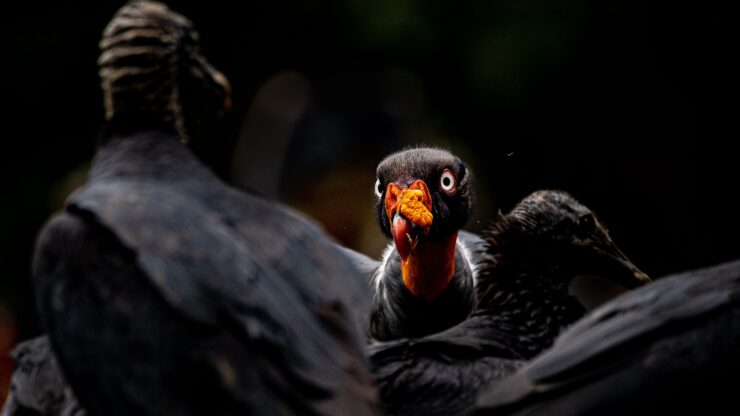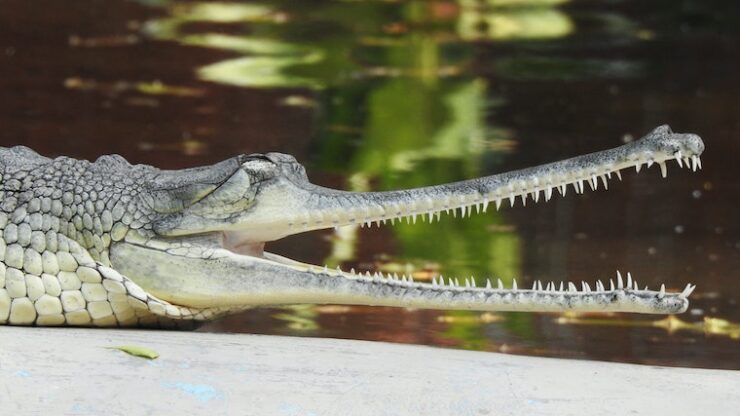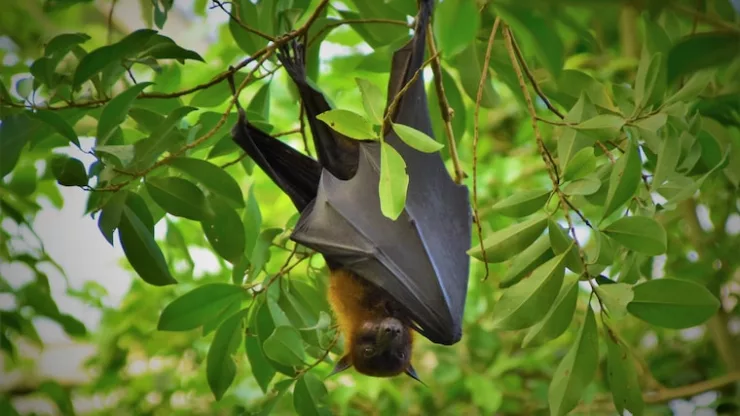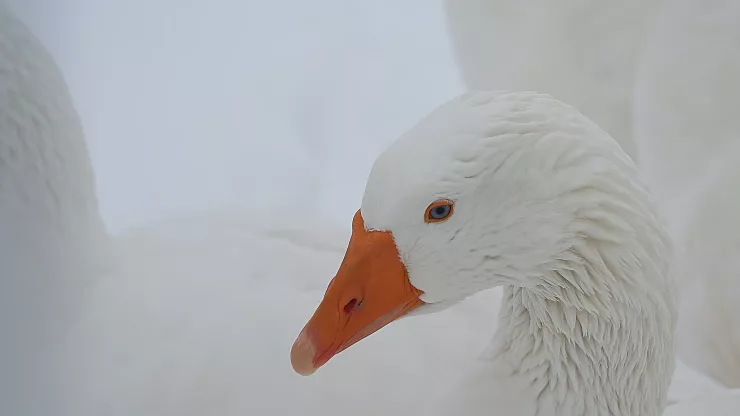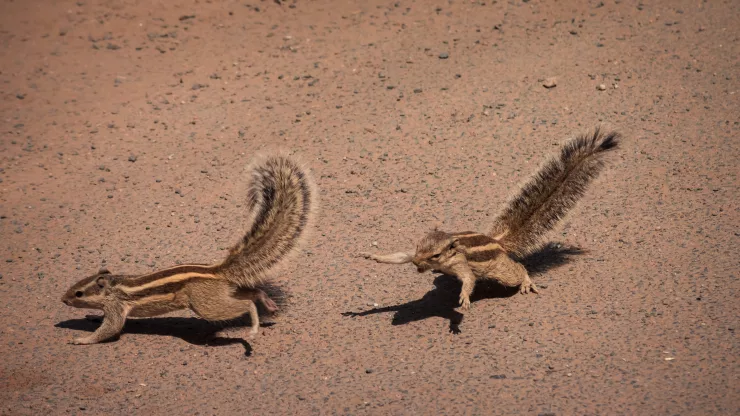Vultures are fascinating birds that are often misunderstood. They play an important role in the ecosystem by cleaning up carcasses and preventing the spread of disease.
Here are some fun and interesting facts about vultures:
- There are 23 species of vultures in the world.
- Vultures can be found on every continent except Australia and Antarctica.
- The Andean condor is the largest flying bird in the world and is a type of vulture.
- Vultures have a keen sense of smell that allows them to find carrion from great distances.
- Some species of vultures have bald heads to prevent bacteria from building up in their feathers when they feed on carcasses.
- Vultures have a wingspan of up to 10 feet, which allows them to soar for hours without flapping their wings.
- Vultures are social birds and often gather in groups to feed on a carcass.
- Vultures have a unique digestive system that allows them to safely consume bacteria and viruses that would be deadly to other animals.
- Some cultures consider vultures to be sacred animals, while others view them as a sign of death and decay.
- Vultures have been known to fly at altitudes of up to 36,000 feet.
- Vultures can eat up to 20% of their body weight in one meal.
- Vultures have a lifespan of up to 30 years in the wild.
- Vultures are excellent gliders and can travel up to 200 miles in a single day.
- Vultures are monogamous and mate for life.
- Vultures have a unique defense mechanism where they projectile vomit to deter predators.
- Vultures play an important role in Hindu culture, where they are believed to be messengers of the gods.
- Vultures have a sharp beak that allows them to tear through tough animal hides.
- Vultures are one of the few animals that have been known to use tools, such as using rocks to crack open eggs.
- Vultures are scavengers and do not kill their own prey.
- Vultures have been known to travel up to 100 miles to find food.
- Vultures have a special enzyme in their stomachs that kills anthrax bacteria.
- Vultures have been trained by the military to locate human remains in war zones.
FAQ
What do vultures eat?
Vultures primarily feed on carrion or dead animals.
Are vultures endangered?
Several species of vultures are endangered due to habitat loss, poisoning, and hunting.
Do vultures have any predators?
Vultures are typically not preyed upon by other animals, but their eggs and young can be vulnerable to predators such as eagles and snakes.
How do vultures communicate?
Vultures communicate through vocalizations, body language, and scent marking.
Can vultures fly long distances?
Yes, vultures are capable of flying long distances without flapping their wings, allowing them to conserve energy while searching for food.
How do vultures prevent the spread of disease?
Vultures have a unique digestive system that allows them to safely consume bacteria and viruses that would be deadly to other animals.
This helps to prevent the spread of disease by reducing the number of pathogens in the environment.

I am a fun fact enthusiast and creator of Facts On Tap.
I love to share my knowledge and curiosity with readers and inspire them to learn something new every day.
When I’m not writing, I enjoy traveling, reading, and playing trivia games with my friends.
